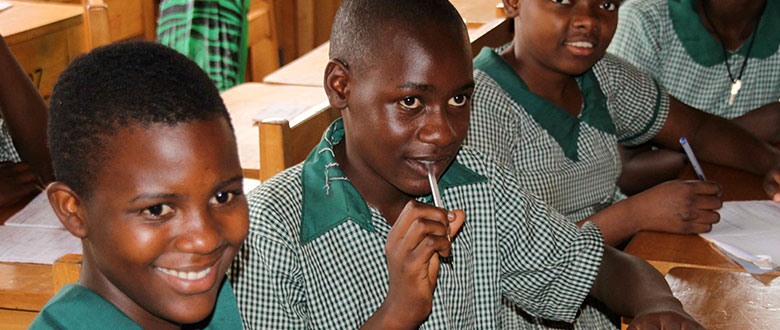
Women’s empowerment through education is becoming increasingly realised as an effective catalyst for sustainable development and poverty alleviation. Adolescent girls who attend school have reduced vulnerability to disease, delayed marriages, improved infant and child survival rates and higher economic productivity. In the developing world, however, the onset of puberty still catalyses class absenteeism and eventual withdrawal. Adolescence-induced barriers to education include:
- Menstrual management and pain
- Expectations to earn an income
- Domestic chores
- Harassment
- Female genital mutilation (FGM)
- Child Marriage
- Teen Pregnancy
This project will provide targeted interventions to manage the negative effects of puberty so girls can complete their education. Whilst puberty and adolescence is an inevitable fact of life, dropping out of school prematurely does not have to be.
Key Areas of Investment
- Scoping
- Needs’ assessment
- Results’ analysis
- Implementation of targeted interventions
